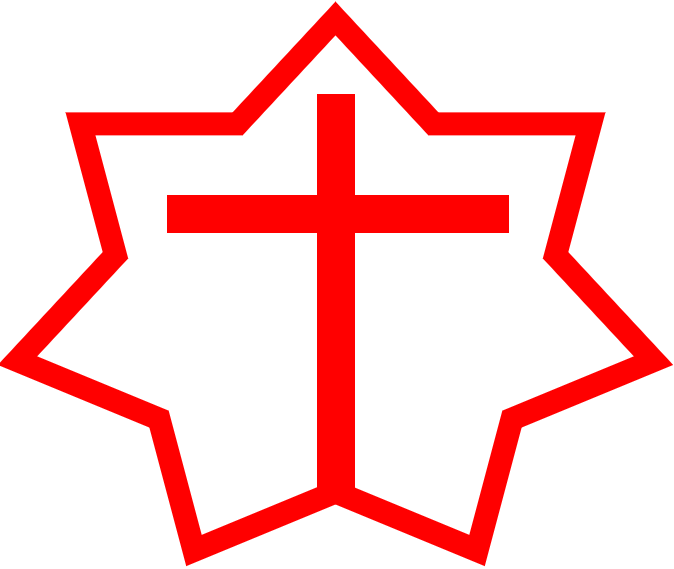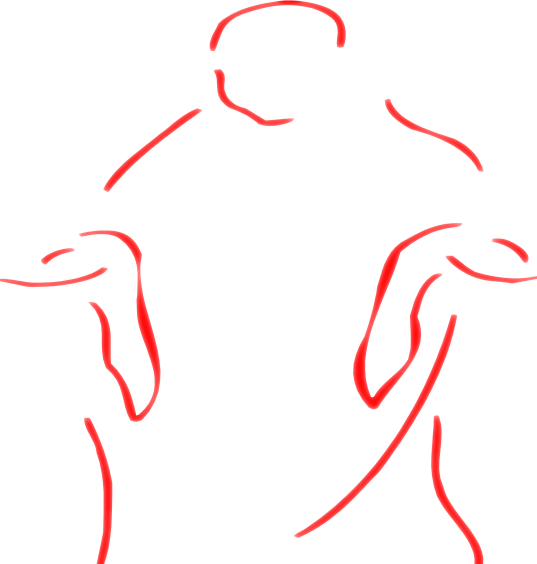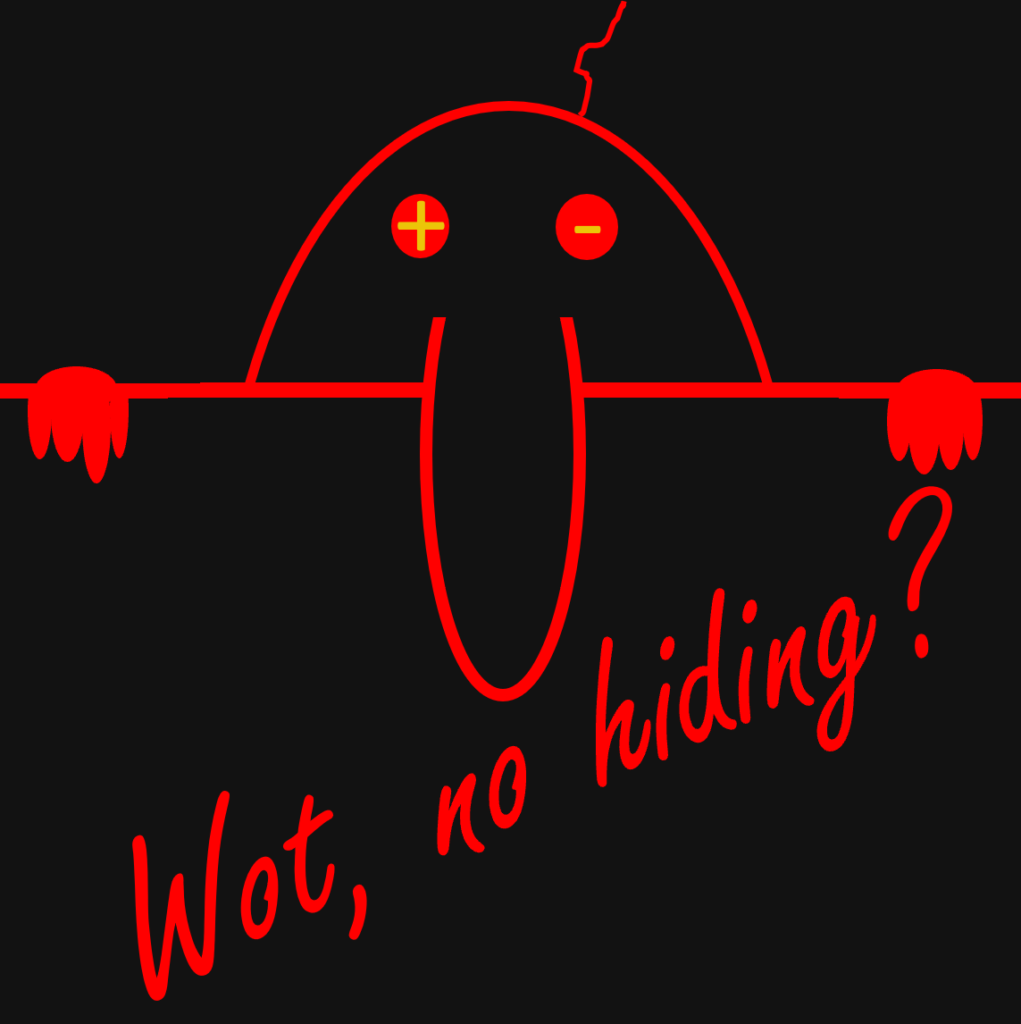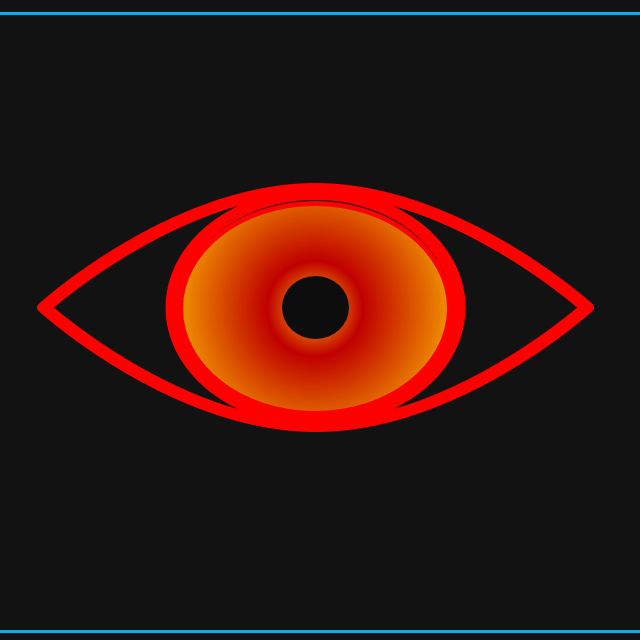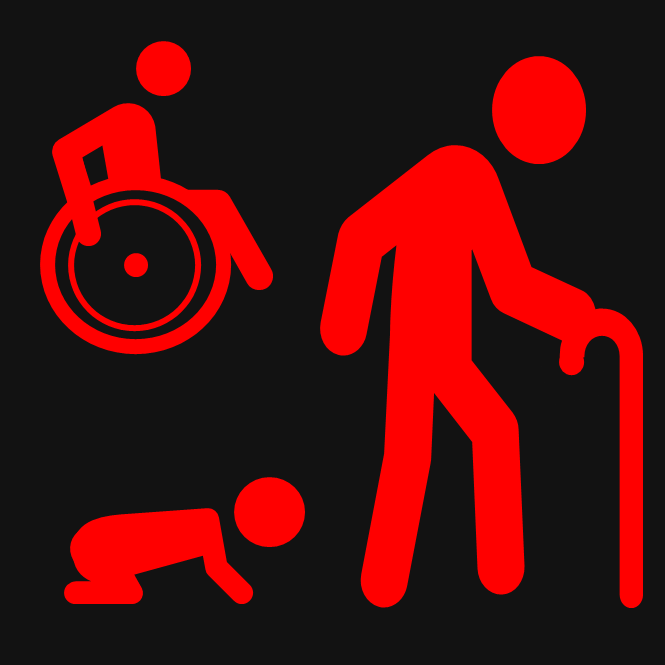Digital sampling of an analogue world.
(October 2021)
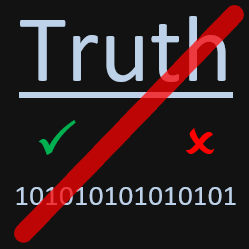
Truth or lies? Right or Wrong? Zero or One? Personal truths often form from our digital sampling of an analogue world. Do we ever have enough bits of information to form and proclaim an absolute and complete truth irrespective of our education, knowledge, understanding and sampling rate.
Take a byte on this. Truth is beyond binary, simplistic, distinctive knowledge and facts. Language, translation and vocabulary can tie us to our own intellectual, emotive and biased human limitations as we plan our way for life. Truth may be a spiritual journey beyond science or academia – thankfully.
There is great emphasis on knowledge to plan our way in life currently. “The science says…” Does Science offer definitive unchangeable truths as we are often led to believe. This is not true science as I understand it.
We engage with the Knowledge Age, an information driven period, where human and artificial intelligence (AI) become increasingly embedded and intertwined in everyday life.
Is our reliance on knowledge safe? Is our knowledge definitive and truthful? Is the alternative even worse?
We now also live in a place and period promoting freedom of speech, where online opinions are applauded even when baseless and appearing without truth.
Life can be a bit of a science experiment with the big internet companies having too much management over the control variables influencing almost all acquisition of ‘our’ supposed knowledge and current truth.
Does their control threaten our assumption that the democratically elected are in power? The value of some anchoring authority increases. Fact, opinion and knowledge alone can be far from, the way and the truth for flawed people. That’s all people.
“Jesus answered, I am the way and the truth and the life. No-one comes to the Father except through me.” (John 14:6)
Jesus was asked many questions but there is no record that he gave His answer to the, “What is truth?” question posed to him by Pilate, a powerful Roman governor.
“You are a king, then! said Pilate. Jesus answered, You are right in saying I am a king. In fact, for this reason I was born, and for this I came into the world, to testify to the truth. Everyone on the side of truth listens to me. What is truth? Pilate asked. With this he went out again to the Jews and said, I find no basis for a charge against him.” (John 18:37-38)
One of the famous quotes from Jesus Christ Superstar comes from this trial before Pilate. “But what is truth? Is truth a changing law? We both have truths. Are mine the same as yours?” This is not quoting scripture directly, but it exemplifies diversity and the challenge required to know and accept the truth.
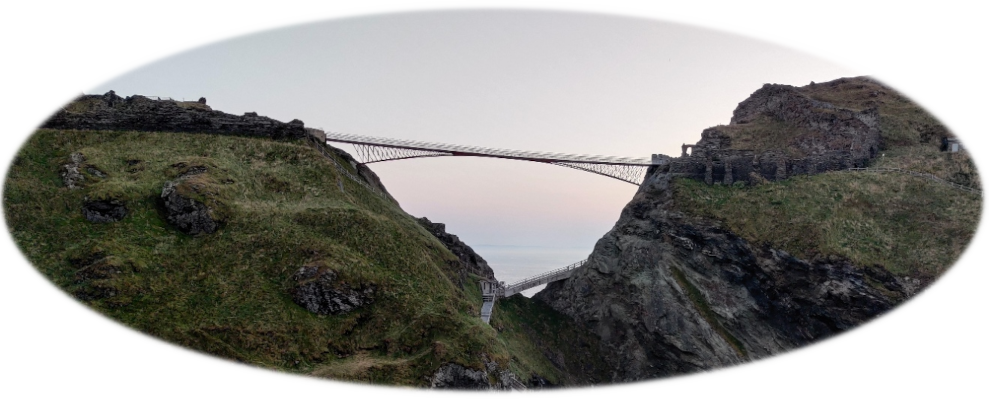
Context, culture, experience, exposure and history are just some of the controlling variables that influence our perception of truth.
Jackie took me to Tintagel last month. The above photograph shows the bridge between the remaining two parts of castle ruins, the centre now eroded and missing. It’s near to where Camelot Castle Hotel has now been built. Was the ruin the original Castle Camelot? Was there ever such a place in reality?
Geoffrey of Monmouth’s fanciful and imaginatively written contribution to Arthurian legend may have used this real castle to conjure up the place where, aided by magic, king Arthur was conceived. The beauty and romance of the coastline must have done it.
What we know of Arthur comes from multiple sources and times ripe for such fables. How much of this, if any, is true.
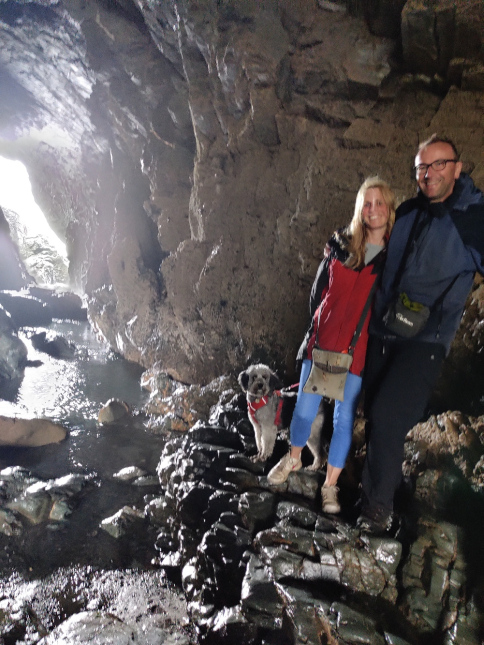
‘In truth,’ is often the start of a sentence hoping to be taken more seriously than deserved. In truth, we stood in the actual cave used by Merlin beneath the castle. We have seen seals swimming in the sea. In truth, we saw some of the few remaining dragons flying near the cliffs at night during one late night walk.
Modern historians generally agree that these stories are unhistorical. Describing something as truth, does not make it truthful. It may even be untruthful.
What is truth? Why was there no simple answer from Jesus? Perhaps it was too complex, or unnecessary, for Pilate to understand an answer in words, particularly in that time and place. Is the truth part of the inexpressible Hesed? I believe truth is best understood by living out the teaching of Jesus as He demonstrated.
“The Word became flesh and made his dwelling among us. We have seen his glory, the glory of the One and Only, who came from the Father, full of grace and truth.” (John 1:14)
“To the Jews who had believed him, Jesus said, If you hold to my teaching, you are really my disciples. Then you will know the truth, and the truth will set you free.” (John 8:31-32)
Surely, truth in the context of law must be categorical. Who’s law? Who’s authority? On oath a witness may offer, “The truth the whole truth and nothing but the truth.”
Is partial truth, truth at all? Can partial truth become untruth and therefore a lie?
Is some truth better kept hidden? Does half truth have value? Is it possible to live in truth consistently and continually? Is that why all humans require the truth to live in us.
“But when he, the Spirit of truth, comes, he will guide you into all truth.” (John 16:13)
There was a tension between the Jewish and Roman law expressed in John 18:31. “Pilate said, Take him yourselves and judge him by your own law. But we have no right to execute anyone, the Jews objected.”
There is a tension between living selfishly in denial of our sinfulness and accepting truth to find the way. We become right by acknowledging we are in the wrong before God. It seems counter intuitive initially.
I’ve been enjoying a bit of Ted Lasso who puts truth like this, “the truth will set you free, or it will put you off.” Truth is conflicted by emotion, relationships, experiences and so much more.
To find our way in the world we can only do so by finding the way, the truth and the life. Focus on self remains an ongoing barrier to seeing Him.
Jesus showed signs, taught parables, performed miracles. He challenged religious experts, worldly wisdom, knowledge and traditions whilst shifting priorities demonstrably and sacrificially from self, to all, for all.
“Sanctify them by the truth; your word is truth.” (John 17:17)
Fasting and prayer are activities that put self second. Working within community is part of God’s love and remaining selfless in this community is a challenge when others enjoy so much before you. It’s easy to justify selfishness.
Even equality can become a solo sound of self demanding priority. I may be disabled under the equalities act but should not use this truth to claim prioritises to the detriment of others.
“If we claim to have fellowship with him yet walk in the darkness, we lie and do not live by the truth.” (1 John 1:6)
What is Truth? I’ve come to the conclusion that, the way, the truth and the life requires ongoing spiritual revelation walking as Jesus did.
It’s not a simple phrase or concept that Jesus could have, should have, offered to Pilot. Our inexpressible Hesed is beyond our brain and words, and infinitely bigger. Truth is God’s gift.
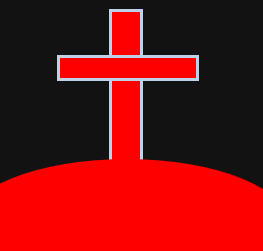
Truthfully, I know life can be tough, full of anxiety, disappointments, failures and worries daily. However, The Chosen can still pull a sword from the stone. The supernatural is available to all because of the cross in the hill.
My closing prayer, “guide me in your truth and teach me, for you are God my Saviour, and my hope is in you all day long.” (Psalm 25:5)
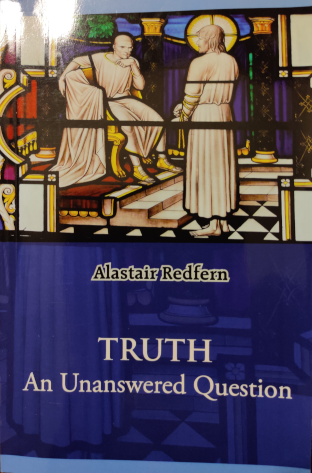
Postscript.
I attempt to make sense of things based on my own context, experience, history… I write to help me relate faith to my life experiences. I lack depth, breadth and ability to articulate. I have referred to writing by a number of Bishops in these posts and if you want to reflect on Truth, I’d recommend the book, “TRUTH An Unanswered Question” by Bishop Alastair Redfern. Unlike previous Bishops I have mentioned, I actually had the privilege of working with this Bishop for a few years.
